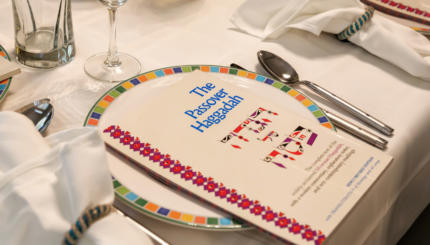Ludwig Wittgenstein, perhaps the premier philosopher of the twentieth century, led a difficult and often tortured life. In his biography, The Duty of Genius, Ray Monk quotes Wittgenstein explaining to his disapproving sister why despite his fabulous talents, he decided to become a teacher in a rural school:
“You remind me of somebody who is looking out through a closed window and cannot explain to himself the strange movements of a passer-by. He cannot tell what sort of storm is raging out there or that this person might only be managing with difficulty to stay on his feet.”
The Baal Shem Tov, the founder of Hasidism, once used a similar image to explain how people sway in prayer, moving to music others cannot hear. Whether in prayer or in the motions of life, we often find that the elements strike differently on us than others can possibly imagine. We move through life with resistances that to others seem negligible or nonexistent.
No two people are exactly alike, and no two struggles exactly alike. Both the philosopher and the rabbi point out that one cannot always feel one’s way into another’s soul. We can but trust, and help.
With your help, My Jewish Learning can provide endless opportunities for learning, connection and discovery.



